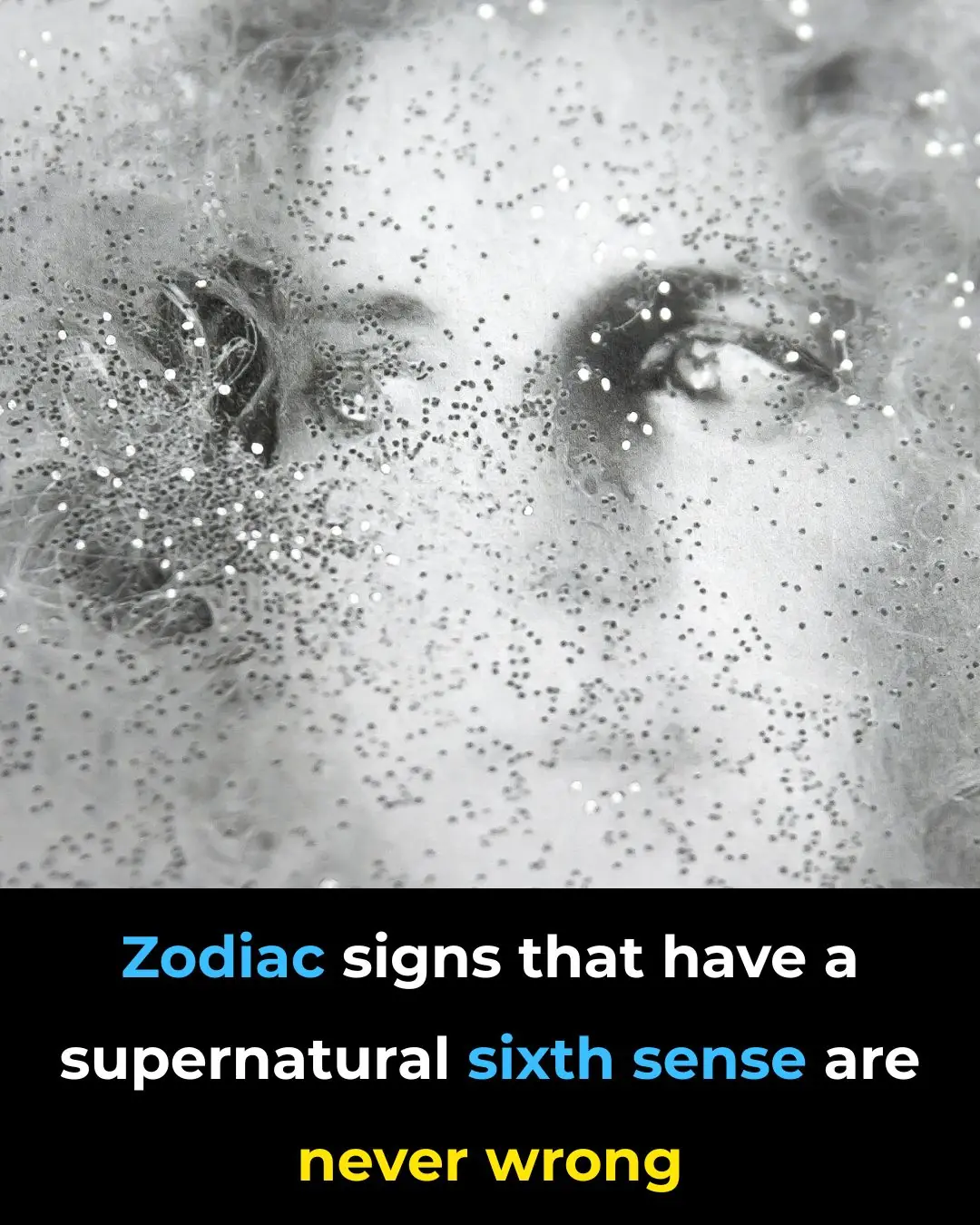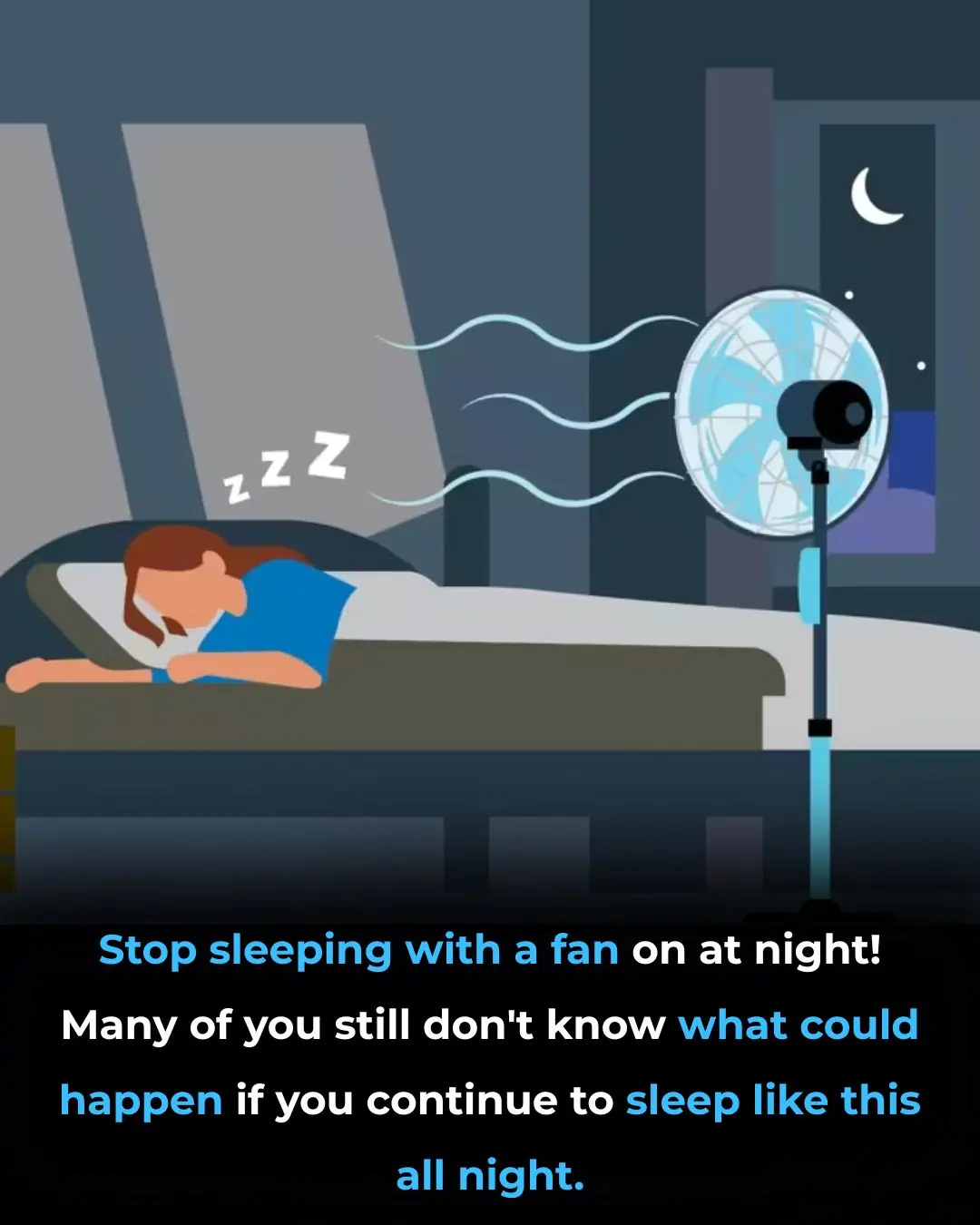
Why You Might Have Dark Circles …Even If You’re Sleeping Well

The Real Reasons You Have Dark Circles (And What to Do About Them)
Let’s be honest — the moment most of us spot dark circles under our eyes, we jump to one conclusion: I must not be getting enough sleep.
While poor sleep can definitely make them worse, it’s far from the only cause. In fact, even people who sleep eight hours a night can wake up looking tired, thanks to a mix of genetics, lifestyle, and environmental factors.
Let’s take a closer look at what might really be behind those under-eye shadows — and how to lighten them naturally.
1. Dehydration
Not drinking enough water? Your skin may be the first to show it. Dehydration makes the skin appear dull and less plump, which can exaggerate shadows beneath the eyes and make them look sunken.
💧 Fix it: Aim to drink at least 8 glasses of water a day. You can also hydrate from the inside out by eating water-rich foods like cucumbers, watermelon, oranges, and celery. Keeping your skin moisturized with hydrating serums containing hyaluronic acid also helps restore that healthy glow.
2. Anemia (Iron Deficiency)
When your body lacks iron, it can’t produce enough hemoglobin to carry oxygen efficiently. As a result, the skin may look pale, and blood vessels under the eyes can become more visible — giving the illusion of darker circles.
🍎 Fix it: If you suspect anemia, get your blood levels checked. Eating iron-rich foods such as spinach, lentils, red meat, and fortified cereals, or taking supplements under medical supervision, can make a noticeable difference within weeks.
3. Allergies
Allergies trigger the release of histamines, leading to itching, redness, and swelling around the eyes. Constant rubbing (which many people do unconsciously) can break tiny capillaries under the skin, worsening discoloration over time.
🌿 Fix it: Manage allergies with antihistamines or natural remedies like saline nasal rinses. Keep your hands away from your eyes, and apply a cool compress when itching strikes. Using fragrance-free, hypoallergenic skincare can also help reduce irritation.
4. Too Much Sun
A little sunshine is healthy, but too much exposure—especially without sunscreen—can darken the under-eye area. UV rays stimulate excess melanin production, and since this skin is already thinner, pigmentation changes show up more easily.
☀️ Fix it: Protect your skin with a broad-spectrum SPF 30 or higher every single day, even when it’s cloudy. Wearing sunglasses and a wide-brimmed hat can also shield the delicate eye area from UV damage.
5. Skin Conditions
Chronic skin issues like eczema or dermatitis can inflame the area around your eyes, causing redness, irritation, and visible blood vessels. Over time, repeated inflammation may lead to darker pigmentation.
🩺 Fix it: If you have a recurring rash or dryness, consult a dermatologist. Topical treatments like mild corticosteroids or barrier-repair creams can soothe inflammation and even out skin tone. Gentle skincare is key—avoid harsh exfoliants or strong acids around the eyes.
6. Eyestrain
If you spend hours staring at a screen, your eyes work overtime. This constant strain causes blood vessels around the eyes to dilate, making the area appear darker or puffier.
💻 Fix it: Follow the 20-20-20 rule—every 20 minutes, look at something 20 feet away for 20 seconds. Also, adjust your screen brightness and take regular breaks to reduce fatigue. Blue-light-blocking glasses can help if you’re in front of a computer all day.
7. Aging
As you age, your skin naturally becomes thinner and loses collagen and fat, making the blood vessels underneath more visible. Gravity also plays a role, causing mild sagging that deepens the under-eye hollows.
🕊️ Fix it: While aging is inevitable, you can minimize its effects by using gentle eye creams with ingredients like retinol (to boost collagen), peptides, and hyaluronic acid. Getting enough sleep and using a silk pillowcase to reduce friction can also help maintain smoother skin.
8. Genetics
Sometimes, dark circles are simply written in your DNA. People with naturally darker skin tones or deeper tear troughs are more likely to have visible pigmentation in this area.
🧬 Fix it: While you can’t change your genes, you can reduce their appearance. Brightening eye creams with vitamin C, caffeine, or niacinamide can improve circulation and lighten pigmentation over time. Cosmetic options like laser treatments or dermal fillers may also help in persistent cases.
Prevention Tips: How to Keep Dark Circles Away
Want to minimize or prevent dark circles? Try incorporating these science-backed habits into your daily routine:
-
Stay Hydrated: Water and balanced electrolytes keep your skin supple.
-
Prioritize Sleep: Stick to a regular sleep schedule of 7–9 hours.
-
Use Sun Protection: Apply SPF under your eyes daily.
-
Manage Allergies: Don’t let seasonal triggers go untreated.
-
Try Cold Compresses: Chilled tea bags, spoons, or cucumber slices can reduce puffiness.
-
Use Targeted Eye Creams: Look for retinol, vitamin C, caffeine, or hyaluronic acid.
-
Eat a Balanced Diet: Nutrients like vitamin K, C, and E support healthy blood vessels and skin repair.
Final Thoughts
Dark circles aren’t just a sign of exhaustion—they’re a complex result of hydration, genetics, lifestyle, and skin health. The good news? With consistent care, mindful habits, and a few smart skincare choices, you can brighten the area naturally and keep your eyes looking fresh, awake, and radiant.
News in the same category


Reducing Meat Consumption by 90%: A Critical Step to Combat Climate Change and Ensure Global Sustainability

Revolutionary Nanobodies Offer New Hope for Alzheimer’s and Parkinson’s Disease Treatment

Gray Wolves: The Remarkable Lifelong Bond Between Mates and Their Role in Pack Survival

Sebastian Errazuriz’s Robotic Dogs: A Satirical Commentary on Tech Billionaires and the NFT Market

Voyager Spacecraft: A 40-Year-Old Marvel of Engineering Exploring Interstellar Space

How the U.S. Escaped Hurricane Landfalls in 2025

Ancient Shark Fossils Unearthed in Mammoth Cave Rewrite 325 Million Years of Evolutionary History

How an Italian Police Lamborghini Huracán Helped Save Lives by Delivering Kidneys Across Italy

Can Spinal Screws Push Through the Skin? Understanding a Rare but Serious Post-Surgery Complication

Why the Tongue Is One of the Most Important Organs in the Human Body

What You Do First in This Scenario

Small Steps, Big Impact: How 4,000 Steps a Day Can Transform Your Health

Rising Concerns Over Excessive Headlight Brightness: A Growing Challenge for Nighttime Driving Safety in the UK

Unwavering Loyalty: The Stray Dog's Final Journey of Love and Devotion

Revolutionary MRI-Guided Cryoablation Offers Non-Invasive Cancer and Pain Treatment in Sydney

So this is what it does, here is the answer

Scientists Unlock Healing Potential of Wisdom Teeth: Stem Cells for Regenerative Medicine

1054 Supernova: The Cosmic Explosion That Shaped the Crab Nebula

The zodiac signs with a supernatural sixth sense… See now
News Post

10 Best Foods to Detox Your Kidneys and Protect Renal Health

Honeybee Venom Can Destroy Breast Cancer Cells in Under an Hour — A Breakthrough That Could Transform Modern Medicine

Love Can Literally Make Your Body Crave More Sleep — Here’s the Science Behind It

A Revolutionary German Gel May Repair Joints Naturally—Potentially Eliminating the Need for Surgery

The Power of Clove Steam Inhalation (Respiratory Relief You Can Feel Immediately)

Peter Tabichi: The Kenyan Teacher Who Became the World's Best by Inspiring Change and Giving Back

Reducing Meat Consumption by 90%: A Critical Step to Combat Climate Change and Ensure Global Sustainability

Revolutionary Nanobodies Offer New Hope for Alzheimer’s and Parkinson’s Disease Treatment

Gray Wolves: The Remarkable Lifelong Bond Between Mates and Their Role in Pack Survival

Sebastian Errazuriz’s Robotic Dogs: A Satirical Commentary on Tech Billionaires and the NFT Market

Voyager Spacecraft: A 40-Year-Old Marvel of Engineering Exploring Interstellar Space

Popular blood pressure drug linked to increased cardiac arrest risk

How the U.S. Escaped Hurricane Landfalls in 2025

Ancient Shark Fossils Unearthed in Mammoth Cave Rewrite 325 Million Years of Evolutionary History

Powerful Health Benefits of Pineapple You Should Know

How an Italian Police Lamborghini Huracán Helped Save Lives by Delivering Kidneys Across Italy

Can Spinal Screws Push Through the Skin? Understanding a Rare but Serious Post-Surgery Complication

Why the Tongue Is One of the Most Important Organs in the Human Body

What You Do First in This Scenario
